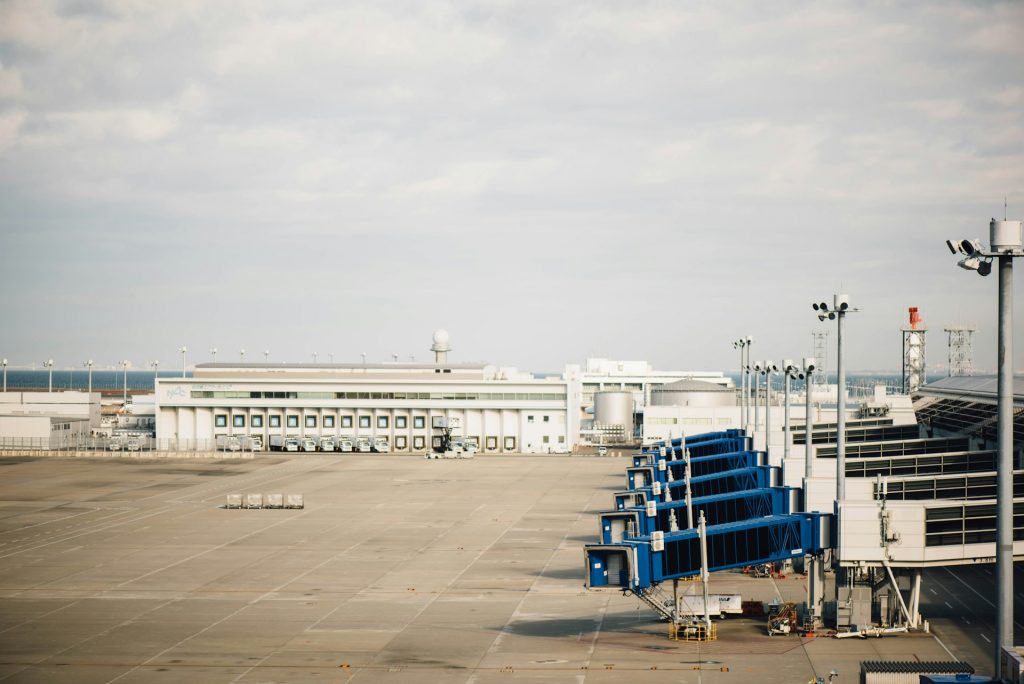Benjamin Smith, the CEO of Air France-KLM, has criticized the French government’s proposal to raise the tax on airline tickets, calling the idea “irresponsible.” Speaking to Le Parisien, he argued that such a move would make France the most heavily taxed country in Europe for air travel. “This is irresponsible,” Smith stated, responding to the government’s initiative to generate funds to reduce the national budget deficit. “A new tax was already introduced last year. France would become the country where air transport is the most taxed in Europe,” he emphasized in the newspaper’s Monday edition.
Smith further expressed concerns about the potential impact of the proposed tax hike, suggesting that if such a measure is unavoidable, the funds should at least be directed toward decarbonizing the aviation industry. “If an increase in the tax is confirmed, which I strongly hope will not happen, we ask that it be specifically allocated to the decarbonization of the aviation sector,” he added.
The airline industry federations have already voiced their objections to the government’s plans, urging a review of the proposal and calling for consultations. Last week, the newly appointed Minister of Public Accounts, Amélie de Montchalin, announced her support for increasing the solidarity tax on airline tickets (TSBA) to help reduce the public deficit.
A “Fair and Ecological Measure”
The government, led by Prime Minister Michel Barnier, had initially proposed in the 2025 budget a tripling of the TSBA tax and an increase in levies on private jet passengers, aiming to raise a total of one billion euros. This proposal sparked strong opposition from the aviation sector, which urged the new administration to revisit the more balanced version of the plan that had been approved by the Senate in November. However, de Montchalin has insisted on maintaining the tax hike as part of the government’s agenda, framing it as a “measure of fiscal and ecological justice.”
Smith also highlighted the potential negative consequences of the tax increase on travelers and the French tourism industry. “For 20 years, we have been losing 1% to 2% of market share annually to foreign carriers. The risk is that the value generated by our air traffic will shift to other countries,” he warned, referring to the new levy as a “tax on access to France.”
The debate over the proposed tax has ignited broader concerns within the aviation sector, which continues to grapple with the challenges of balancing sustainability goals and maintaining competitiveness in a highly taxed environment.
